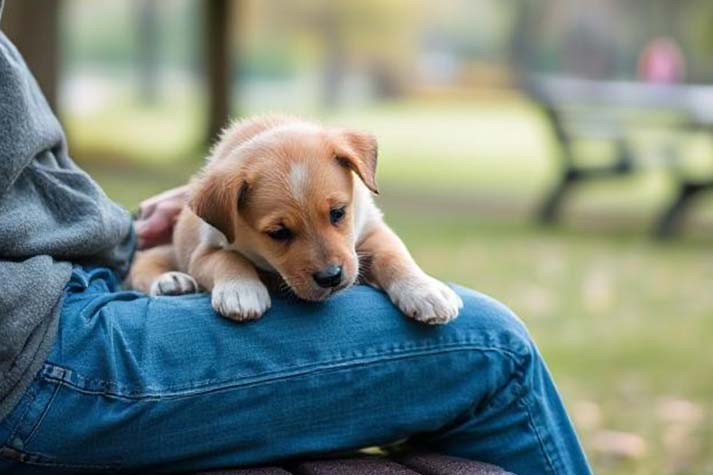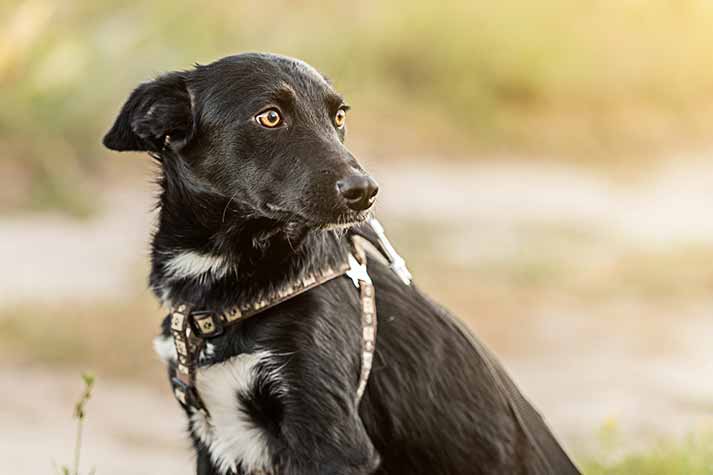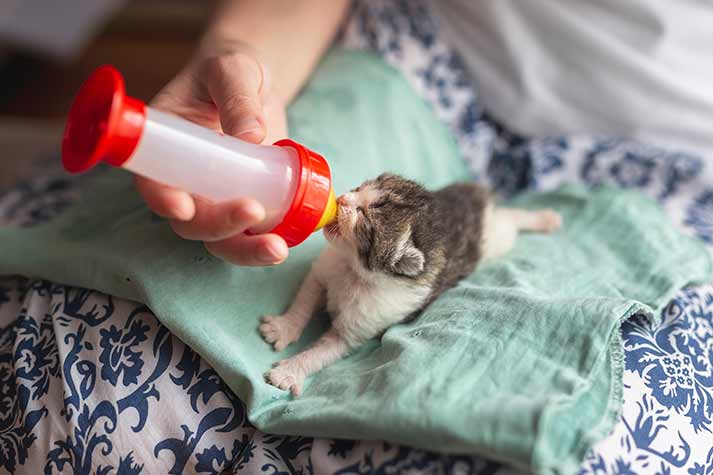
10 Jun
Puppy Socialization: Why Is It Important?
Bringing a puppy home is one of life’s purest joys. Those first days are filled with cuddles, playful antics, and a flurry of new experiences for both you and your new companion. But beyond the basics of feeding and house training, there is another responsibility that is just as crucial: socialization. Think of socialization as your puppy’s introduction to the wider world; a gentle, structured way to help them grow into a confident, well-adjusted adult dog.
Here's What You Should Know About Puppy Socialization
What is Puppy Socialization?
At its core, socialization is the process of teaching your puppy how to behave and interact in a socially acceptable manner. This means exposing them to a variety of sights, sounds, smells, people, animals, and environments in a positive, controlled way. The best time to start is during the “sensitive period” between 3 and 14 weeks of age, when puppies are especially open to new experiences. Early socialization helps your puppy become comfortable in their daily environment and prepares them for whatever life throws their way.
A well-socialized puppy learns to:
- Feel at ease around people of all ages, both inside and outside the home
- Explore and accept new sights, sounds, and smells
- Interact with other dogs and animals
- Navigate different surfaces and objects, from grass and gravel to glass and metal
Why Is Socialization So Important?
Socialization is a lifelong investment in your dog’s happiness and well-being. Here’s why it matters:
- Prevents Behavioural Problems - Puppies who miss out on early socialization are more likely to develop issues like fear, anxiety, aggression, and reactivity. In fact, behavioural problems are the leading cause of death in dogs under three years old. Early, positive exposure to the world helps prevent these challenges before they start.
- Builds Confidence and Reduces Fear - A puppy who’s used to new experiences is less likely to be anxious in unfamiliar situations. Whether it is a trip to the vet, a car ride, or meeting a stranger in the elevator, a well-socialized dog takes it all in stride.
- Encourages Positive Social Behaviours - Socialization teaches puppies how to interact politely; with people, children, and other animals. This means less barking, biting, or jumping, and more friendly, relaxed encounters.
- Makes Training Easier - Puppies who are comfortable in different environments are easier to train. They are less distracted by fear and more focused on learning new commands.
- Enhances Safety - A confident, well-adjusted dog is less likely to react unpredictably in stressful situations, making life safer for everyone.
How Can I Socialize My Puppy?
You might think socialization is as simple as taking your puppy everywhere, but there are a few important steps to follow for safe, effective socialization:
- Prepare Before You Go Out - Make sure your puppy has received their core vaccinations (like DHLPP) before venturing into public spaces. Always consult your vet first, and avoid contact with stray or unvaccinated animals to reduce the risk of disease.
- Start Slow and Steady - Introduce new experiences gradually. Watch your puppy’s body language; if they seem anxious (ears back, shaking, looking away), give them space and use treats or toys to create positive associations.
- Use Positive Reinforcement - Reward your puppy with treats, affection, or toys for calm, curious behaviour. Positive reinforcement helps your puppy build happy connections with new experiences.
- Short, Sweet Interactions - Let your puppy meet people of all ages, but keep interactions brief and gentle at first. Do not let anyone pick up or startle your puppy, especially if they’re still getting comfortable.
- Follow a Routine - Dogs thrive on routine. Try to socialize your puppy regularly (roughly 2 to 4 times a week) and continue exposing them to new experiences as they grow. Consistency is key to building confidence and preventing regression.
- Mix Up the Scenery - Walk your puppy on different surfaces (grass, sand, concrete, metal) and in various environments. Arrange playdates with healthy, vaccinated puppies, and introduce them to both young and old people.
Tips for Successful Socialization
Avoid areas with sick or stray dogs until your puppy is fully vaccinated.
- Steer clear of places with lots of litter or pet waste.
- Never use negative reinforcement; if your puppy gets scared, calmly remove them from the situation and try again later.
- Continue socialization throughout your dog’s life to keep them adaptable and confident.
To conclude, socialization is essential for helping your puppy grow into a happy, confident, and well-mannered dog. By taking the time to introduce your puppy to the world in a positive, gradual way, you are setting them up for a lifetime of comfort. Start early, be patient, and enjoy every step of this rewarding journey with your new best friend.






AUTHOR’S BIO
Carry My Pet
Passionate pet enthusiasts and globetrotters, dedicated to easing furry friends' journeys worldwide. Penning tales of compassion at CarryMyPet, where every relocation is a tail-wagging adventure.